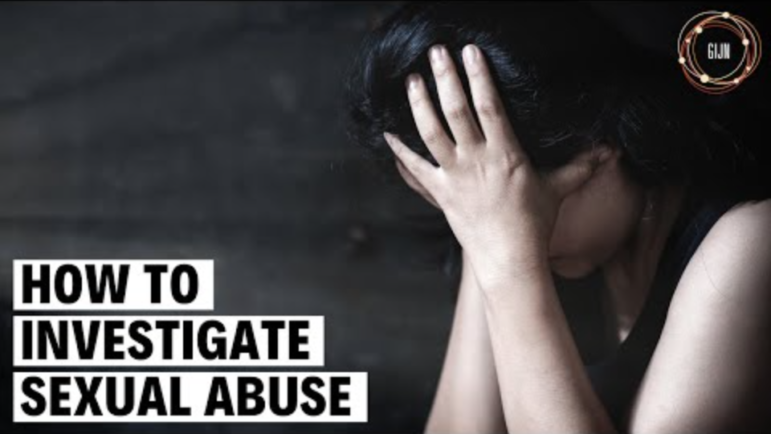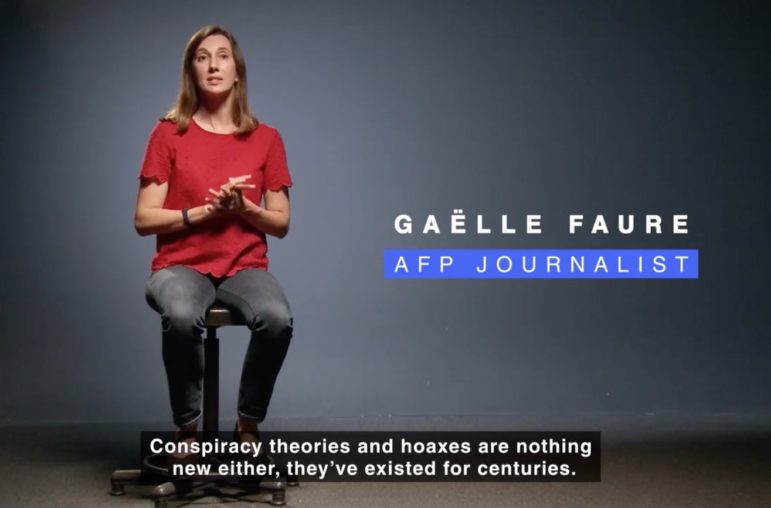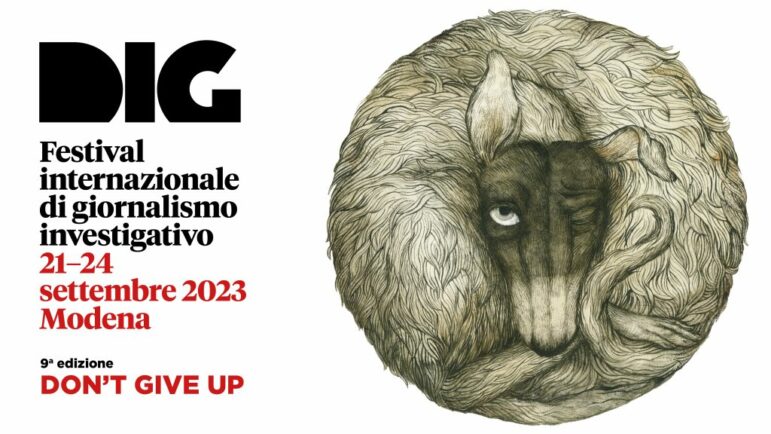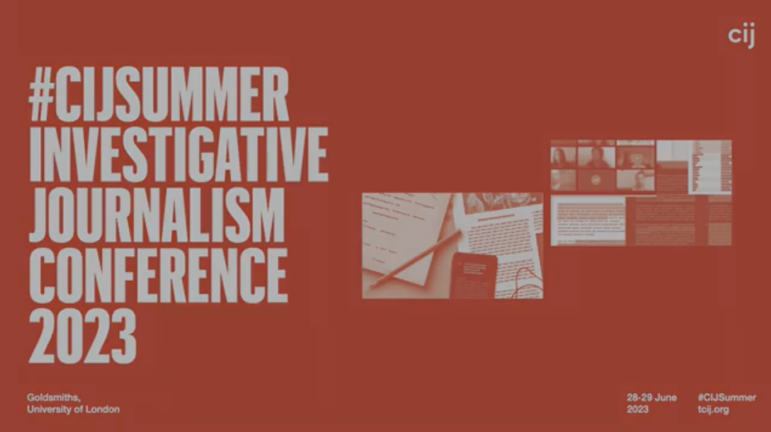

September 03 2019 - Cape Town. Photo by David Harrison
Should Journalists Do Advocacy? Here’s a Unique Approach Out of South Africa
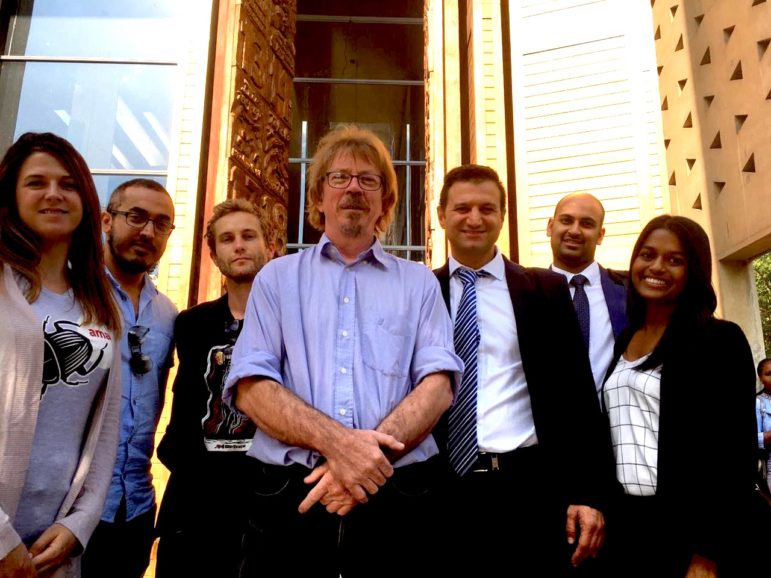
The amaBhungane team with legal counsel after a court challenge in February. Left to right: Susan Comrie, Micah Reddy, Murray Hunter, Sam Sole, Dario Milo, Divashen Naidoo, and Lavanya Pillay. Photo: Courtesy amaBhungane
In early March, halfway through a two-month “caretaker” stint as the advocacy coordinator for the amaBhungane Centre for Investigative Journalism, I got a wonderful document in an email from our lawyers.
It was a two-page court order, the details of which I’ll come to because it tells an important story about amaBhungane’s advocacy work.
AmaBhungane is known for its long-form investigations of money, politics, and abuse of power in South Africa. This dogged approach — taking weeks, months or even years to chase down a story — has resulted in major exposés and more than a few awards over the years. A GIJN member, the group in 2019 was part of a consortium of news organizations that received the Global Shining Light Award in 2019 for the #GuptaLeaks investigation into the sprawling network of corruption surrounding South Africa’s former President Jacob Zuma.
But many people don’t realize that the organization also hosts an advocacy program, which adopts the same tenacious approach, to slowly push for reforms in policy and law to improve the climate for journalism itself.
Through its unique approach to advocacy, a staff member — part researcher, part policy wonk, part campaigner — works mostly on a parallel track to amaBhungane’s investigators, to secure the information rights that are the lifeblood of investigative journalism.
In South Africa, access to information and freedom of expression are mostly protected in law, but bureaucrats, politicians, and private firms often flout the rules all the same.
Over the years, amaBhungane’s program has blossomed into an impressive portfolio of work, including submissions on legislative amendments (four in 2019), access to information requests (13 in 2019) and company shareholder inquiries (more than 40 in 2019), and strategic litigation on media-freedom issues (four active cases at the moment).
It is also important to understand what the program isn’t: amaBhungane does not do “advocacy journalism” or advocacy about its journalism. Many who read amaBhungane’s investigations of Zuma’s corruption organized protest marches calling for his resignation — but amaBhungane did not join them.
The Slow Road to Transparency
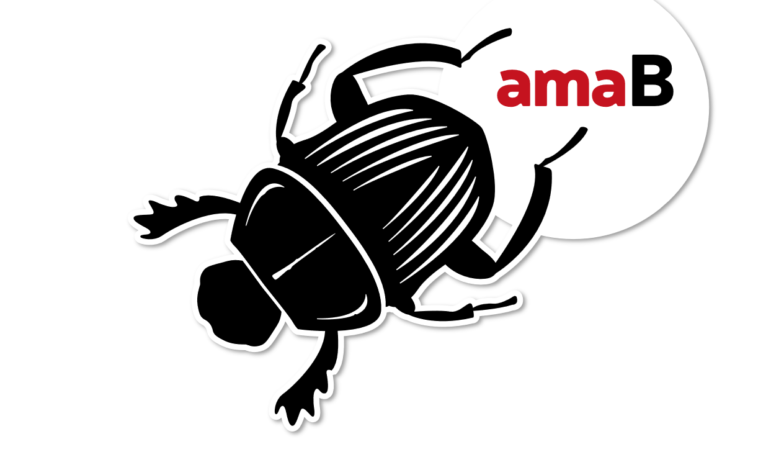 Much of the work is as unglamorous as the animal for which amaBhungane is named — ibhungane — the dung beetle.
Much of the work is as unglamorous as the animal for which amaBhungane is named — ibhungane — the dung beetle.
Like many of its global counterparts, amaBhungane’s journalists use freedom of information requests as part of their investigative toolkit. But in a climate where close to two-thirds of information requests are refused or simply ignored, many requests drag on long after any story has been filed.
Someone needs to work the phones, to ensure recalcitrant officials eventually file a response, and should the response not be positive, someone needs to draft the appeal.
By having a designated advocacy coordinator who is not tied to conventional newsroom duties, amaBhungane is able to pursue information requests not only in service to a story, but in pursuit of the principle of transparency itself.
This brings me back to the court order that landed in my inbox in March. Since 2015, amaBhungane has been trying to get details about coal-mining rights in the eastern South African province of Mpumalanga. It started with an information request, which was refused. AmaBhungane filed an administrative appeal, which succeeded, but the documents never arrived.
In 2017 a court ordered that amaBhungane should get the documents. Still they didn’t come. Finally, in late 2019, a judge ruled that the officials responsible were in contempt of court. At long last, in March, our lawyers got a copy of that contempt order, which directed those two officials to hand over the documents or pay about US$5,900 in fines. Personally.
The outbreak of COVID-19 may have bought those officials just a bit more time, and perhaps if those documents eventually arrive, they’ll never make it into a story. But the next journalist who calls up the mining department asking for information may find a much more thoughtful official on the other end of the phone. It took five years to happen, but like I said: long-form.
Policy Fights Big and Small
Some of amaBhungane’s advocacy work is the stuff of major, history-making, precedent. Its current constitutional court challenge to South Africa’s surveillance law, for example, seeks to overturn years of abuse and secrecy in the state’s spying machinery, after the revelation that state spies had bugged the phone of Sam Sole, one of our managing partners.
If the organization can uphold the landmark victory it won in the lower courts, it would result in major privacy reforms to protect investigative reporters and the public at large.
But most of amaBhungane’s advocacy work takes place out of sight and without fanfare — wonkish submissions to policy processes in Parliament, asking for a secrecy clause to be struck from an energy bill, say, or proposing better transparency provisions in party-funding regulation.
All this it has done without compromising its journalism. The advocacy work and the investigative work run parallel to each other, though there is not the hard “firewall” that one hears about at, say, the news and opinions operations at The New York Times. We talk and keep one another updated.
In the very early days of amaBhungane, the advocacy work was a part-time role; the organization’s first advocacy coordinator split her time between advocacy and reporting. It was an unhappy arrangement, which worked to the detriment of both. By having a dedicated advocacy coordinator, the organization can ring-fence both the work (so that amaBhungane’s journalists do not have to involve themselves in lobbying and campaigning) and the workload (so that the journalists can get on with, well, journalism).
But the organization and its journalists are especially sensitive to the risk of being seen as partisan, even more so after the emergence of coordinated disinformation and smear campaigns against amaBhungane and other media that started in the lead-up to the #GuptaLeaks reports, and never really went away.
It’s ironic that amaBhungane with its declared advocacy program could be seen as partisan and campaigning, when many of South Africa’s commercial newsrooms appear to have been drawn into messy factional wars that have lead to an industry-wide ethics inquiry.
I’ve worked alongside amaBhungane’s advocacy program for nearly a decade as an information-rights activist, and have seen the organization prove its integrity over and over again.
If anything, my sense is that the organization’s reluctance to be seen as “crusading” creates a silence about its advocacy work, in which Twitter trolls are more than happy to craft their own narratives.
COVID-19 Clampdowns
The global crises sparked by COVID-19 suggest that advocacy for journalism is more important than ever. For starters, the pandemic has brought new obstacles to the flow of information.
For example, despite strong legal protections for the principle of open justice, the pandemic has led to serious transparency challenges in South Africa’s court systems. Access to court records had been unreliable even before COVID-19 restrictions, now they are even more so.
As court hearings have moved to video call platforms, Cherese Thakur, who succeeded me as amaBhungane’s advocacy coordinator, has been haunting the phones and inboxes of court officials to try get schedules of court hearings published online ahead of time as a basic condition of ensuring court processes remain open.
Out in the streets, in the chaotic weeks following South Africa’s lockdown, journalists documented appalling brutality by police and soldiers sent out to enforce it, and in several instances were harassed, stopped from filming, and even fired at with rubber bullets.
But surely the greatest crisis for journalism in this moment is economic, and media advocacy to address the economic devastation being felt in newsrooms is urgently needed. Though many have risen to meet the reporting challenge of our time, many may not survive it.
Even before the pandemic, it already seemed unlikely that mainstream journalistic outlets would “innovate” their way out of the harsh financial climate without major regulatory interventions: to provide public grants to media organizations, give tax credits to companies that buy ads or levy taxes off the tech giants, or any manner of other policy response.
AmaBhungane’s advocacy work has yet to venture into this space, although SANEF, the South African National Editors’ Forum, has initiated research into the policy questions in recent years. If there was ever a role for advocacy work in support of journalism, this is it.
Traditional investigative journalism has sought to keep advocacy out of the newsroom. But this is a time in which doing journalism is not enough to secure journalism’s future. Now more than ever, journalism needs to be able to fight for itself. And amaBhungane’s unique advocacy model allows the group to do just that.
 Murray Hunter is a media consultant and digital rights advocate. He was previously a coordinator of the Right2Know Campaign in South Africa, and is the author of a children’s book about digital surveillance. Hunter writes here for the amaBhungane Centre for Investigative Journalism — a GIJN member — where he was acting advocacy coordinator in February and March 2020.
Murray Hunter is a media consultant and digital rights advocate. He was previously a coordinator of the Right2Know Campaign in South Africa, and is the author of a children’s book about digital surveillance. Hunter writes here for the amaBhungane Centre for Investigative Journalism — a GIJN member — where he was acting advocacy coordinator in February and March 2020.

